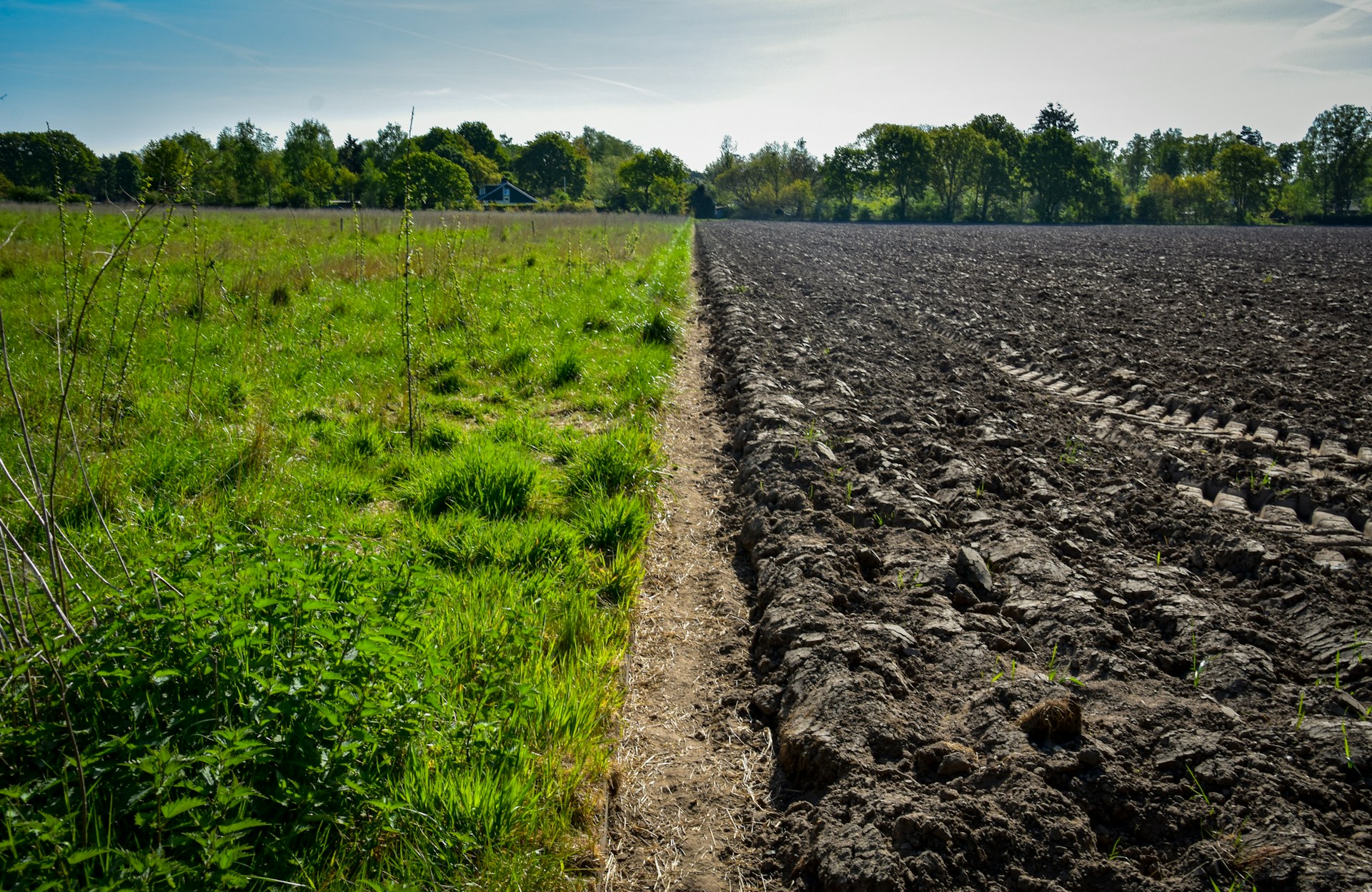Biochar, derived from organic waste, is a versatile substance that undergoes a thermochemical transformation process in an oxygen-absent condition, with no harmful gases emitted into the atmosphere. This article delves into the possibilities of biochar in the agrifood sector, emphasizing its positive impact on regeneration, recycling, and reduction initiatives.
Regenerate
Rediscover the Power of Biochar in Revitalizing Soils and Ecosystems
Biochar serves as a vital tool in the regeneration of both soil and ecosystems. By improving soil fertility, structure, and nutrient availability, it breathes new life into degraded soils, creating a foundation for robust plant growth and microbial activity. Additionally, derived from rescued forestry softwood residues, biochar contributes to the restoration and balance of natural habitats in forests. Its positive impact on soil conditions promotes enhanced biodiversity and facilitates carbon sequestration, making it an invaluable ally in promoting the regeneration of both soil and ecosystems.
Recycle
Embrace Sustainability with Biochar – Nature’s Organic Waste Solution
Biochar showcases a sustainable approach to waste management and resource recycling. By repurposing forestry softwood residues, biochar not only reduces waste accumulation but also enhances composting processes. When incorporated into composting, biochar promotes a balanced carbon-to-nitrogen ratio, improves aeration, and enhances nutrient and moisture retention. This stimulates microbial activity, leading to accelerated decomposition and reduced carbon and odor emissions. Biochar’s holistic approach to waste management highlights its valuable role in promoting a circular economy and reducing the environmental impact of organic waste.
Reduce
Empower Positive Change with Biochar – Mitigate Climate Impact and Enhance Agriculture
Biochar offers numerous environmental benefits and plays a significant role in mitigating climate change. Its stable nature allows for effective carbon sequestration, storing carbon in the soil for extended periods and reducing greenhouse gas emissions. Furthermore, biochar serves as a renewable energy source derived from organic waste, which can be utilized for combustion in heat and power generation. This reduces reliance on fossil fuels and further curbs emissions. Additionally, biochar helps prevent nitrogen loss in agricultural soils, reducing the release of nitrous oxide, a potent greenhouse gas. By improving nutrient management and promoting sustainable agricultural practices, biochar supports a more environmentally friendly and climate-resilient future.
Biochar, repurposed organic waste, plays a crucial role in closing the loop in the agrifood cycle. Its applications in soil regeneration, waste recycling, and climate change mitigation demonstrate its potential to contribute to a more sustainable and resilient environment. By utilizing biochar, we can actively participate in regeneration, recycling, and reduction efforts, paving the way for a more sustainable and environmentally friendly agrifood industry.
Related Resources
About the Author: Michelle Zdybowicz
Michelle Zdybowicz, President and Co-Founder of Jeden Bioscience, is leading the charge at Jeden Bioscience, dedicated to transforming agriculture and nutrition with sustainable, science-driven solutions. Growing up in a farming community, she developed a deep-rooted passion for agrifood sustainability, which she further refined at JH Biotech, Inc.
Under her leadership, Jeden Bioscience has launched Eco-Vision, an initiative aimed at reducing food waste and promoting eco-friendly practices. Her commitment to environmental stewardship has resulted in impactful community partnerships, including the Earthwise Education Program, which provides students with hands-on sustainable practices.
Michelle continues to lead Jeden Bioscience in its mission to revolutionize the agrifood industry while prioritizing the health of our planet.





